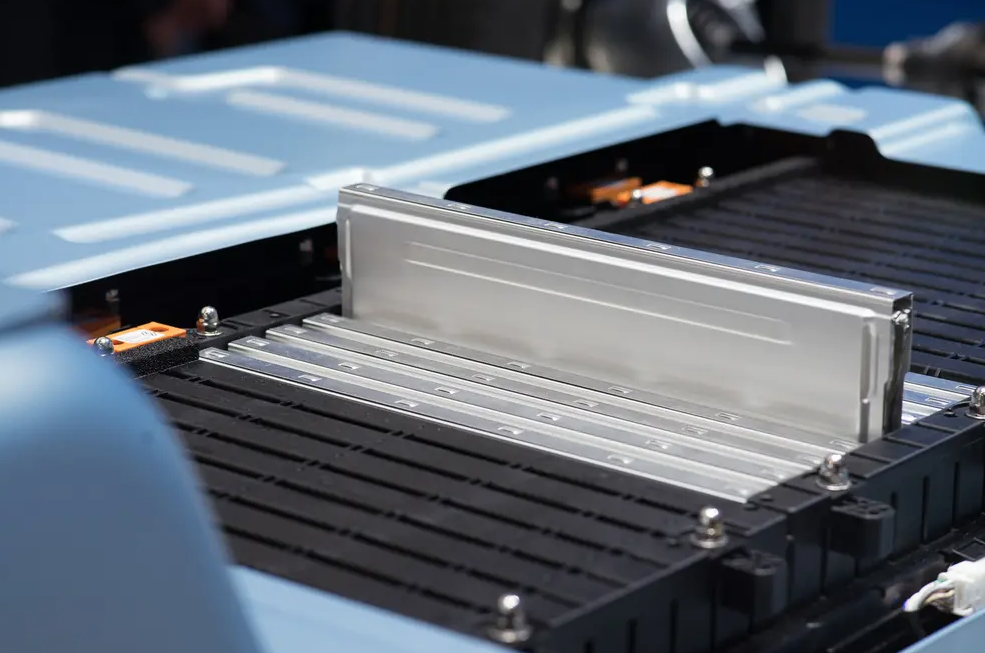A consortium of 11 partners, including multinationals and SMEs, will develop ideas for battery recycling
(sustainabilityenvironment.com) – The European Union has allocated almost 5 million euros to finance a project that will address the most pressing challenges in the field of battery recycling. It is called Recirculate, it is part of the Horizon 2020 programme and has the specific objective of improving the circular economy of the sector. In particular, it targets the characterisation, repair, reuse, regeneration and recycling of the different end-of-life accumulators.
The sector is far behind in the old continent, which has not developed circular chains for accumulators. Yet the quantities of recoverable raw materials will increase with increased consumption, especially in relation to electric mobility.
Recirculate brings together 11 partners from different countries to imagine a logistics of used batteries that brings circularity in the supply chain. Coordinated by IT consulting firm Centria and involving multinational companies such as Ford and DHL. Several European SMEs were also included in the partnership to provide specialised know-how. The work of the consortium will combine advanced artificial intelligence technologies to automate dismantling and intelligent logistics solutions for the safe storage and transport of batteries and materials contained in them.
In addition, it will study the application of blockchain technology for tracking key data on the battery. Finally, all this will be translated into the design of a virtual end-of-life battery market, to give a practical economic perspective to the project. The blockchain platform will have to integrate the data collected during dismantling and recycling and track the origin of the battery. In this way it will be possible to create a unique battery passport, capable of giving greater transparency and reliability to the virtual market.
The latter, according to the intentions, will allow the creation of new circular commercial models for repair, reuse, regeneration and recycling of batteries. The sectors concerned are electric mobility, consumer electronics and stationary storage systems.
As a result, improvements are expected in terms of reducing costs and time, energy consumption and environmental impact.

